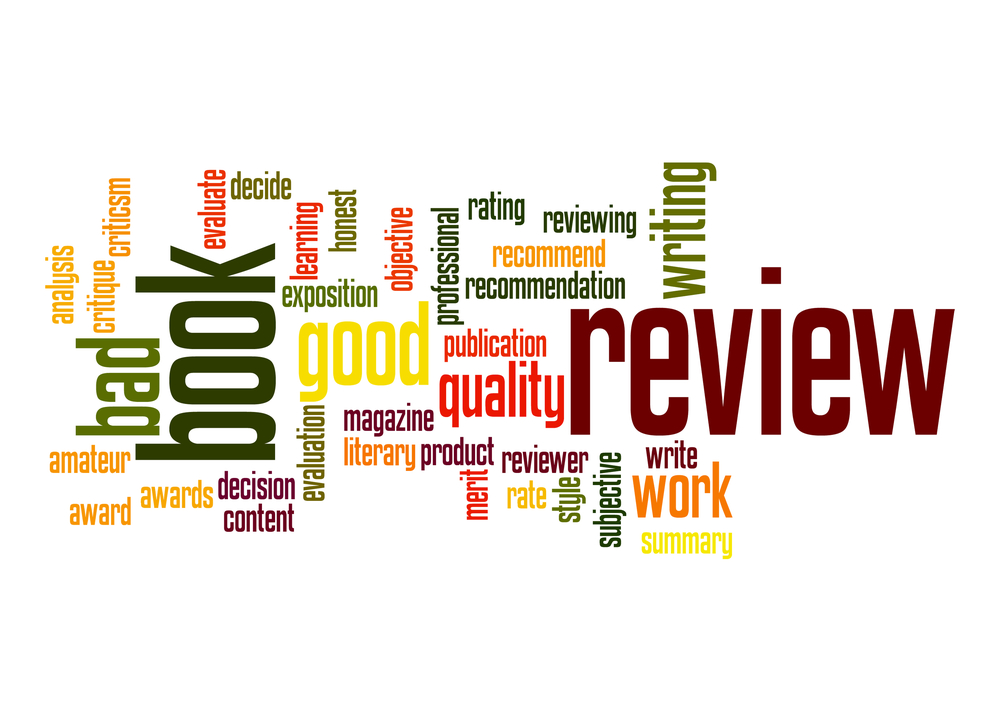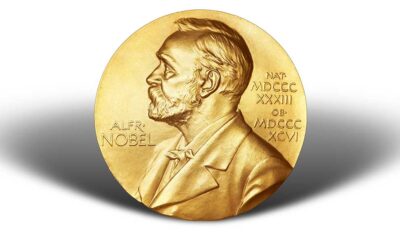“The Existential Pleasures of Engineering” by Samuel C. Florman
Engineers solve problems; they are the unsung heroes who keep the world turning. But, engineering is not just about crunching numbers or constructing bridges – it’s also an art and a philosophy. Samuel C. Florman’s “The Existential Pleasures of Engineering” is the epitome of this perspective.
A Look Inside:
This seminal work, first published in 1976, continues to be relevant as it delves into the deeper connections between engineering, society, and the human spirit. Florman, an accomplished civil engineer, presents engineering as a profoundly creative and humanistic endeavor.
What sets this book apart is its exquisite blend of the humanities with engineering concepts. Florman paints a picture where engineering is not only a science but an essential part of culture. The author addresses the concerns and criticisms that society often holds against technology and engineering and brilliantly illustrates how engineers can work towards resolving these issues while finding personal fulfillment.
The beauty of “The Existential Pleasures of Engineering” is that it’s not merely for engineers. The book appeals to anyone interested in understanding how engineering shapes our world and why it matters.
Why Read It:
• Discover a new lens to view engineering through, one that incorporates culture and human values.
• Gain insights into how engineering is interwoven with society and the responsibility that comes with this.
• Learn about the historical evolution of engineering and how it has always been a deeply human pursuit.
For its capacity to elevate the perception of engineering beyond just a profession and instill a sense of pride and purpose, “The Existential Pleasures of Engineering” should be on every engineer’s shelf.
Runner-up 1: “Structures: Or Why Things Don’t Fall Down” by J.E. Gordon
Another must-read is “Structures: Or Why Things Don’t Fall Down” by J.E. Gordon. A quintessential book for structural engineers, it’s also wonderfully insightful for engineers of all disciplines.
What’s in It:
J.E. Gordon strips down the complexity of structural engineering to its bare essentials. Through witty and engaging prose, Gordon dives into the fundamental principles that govern why structures stand or fall. He examines everything from bridges and buildings to human anatomy and animal skeletons.
Why Read It:
• It offers a delightful and approachable introduction to structural engineering.
• The examples are practical and help in understanding the everyday application of engineering principles.
• Gordon’s humorous and engaging writing makes complex topics accessible.
Runner-up 2: “Thinking, Fast and Slow” by Daniel Kahneman
This book might not scream ‘engineering’, but it’s an incredibly important read for anyone making critical decisions – a key aspect of engineering.
What’s in It:
Nobel laureate Daniel Kahneman introduces readers to the dichotomy of the human mind: System 1 (fast, intuitive thinking) and System 2 (slow, logical thinking). Engineers often need to make decisions rapidly, and understanding the cognitive biases that influence these choices is crucial.
Why Read It:
• Learn about decision-making processes and the biases that can affect them.
• Understand the importance of critical thinking in engineering.
• Gain insights into the psychology behind problem-solving and innovation.
“The Existential Pleasures of Engineering” is a pillar in the foundation of engineering literature. Its humanistic approach redefines the way engineers can perceive their profession. However, J.E. Gordon’s “Structures” and Daniel Kahneman’s “Thinking, Fast and Slow” are also invaluable for engineers who wish to build on that foundation. So, don your reading glasses and embark on a journey through the pages of engineering wisdom!




